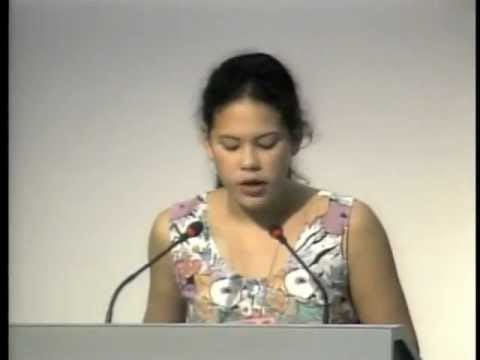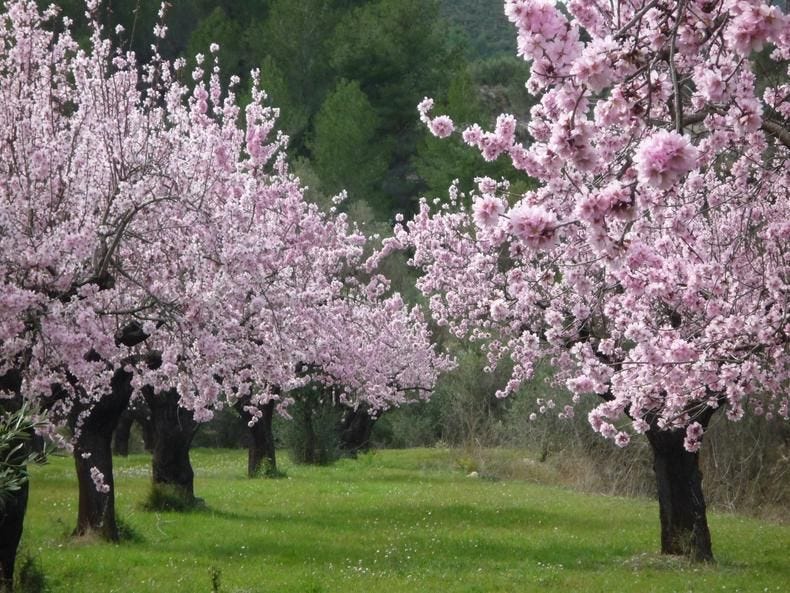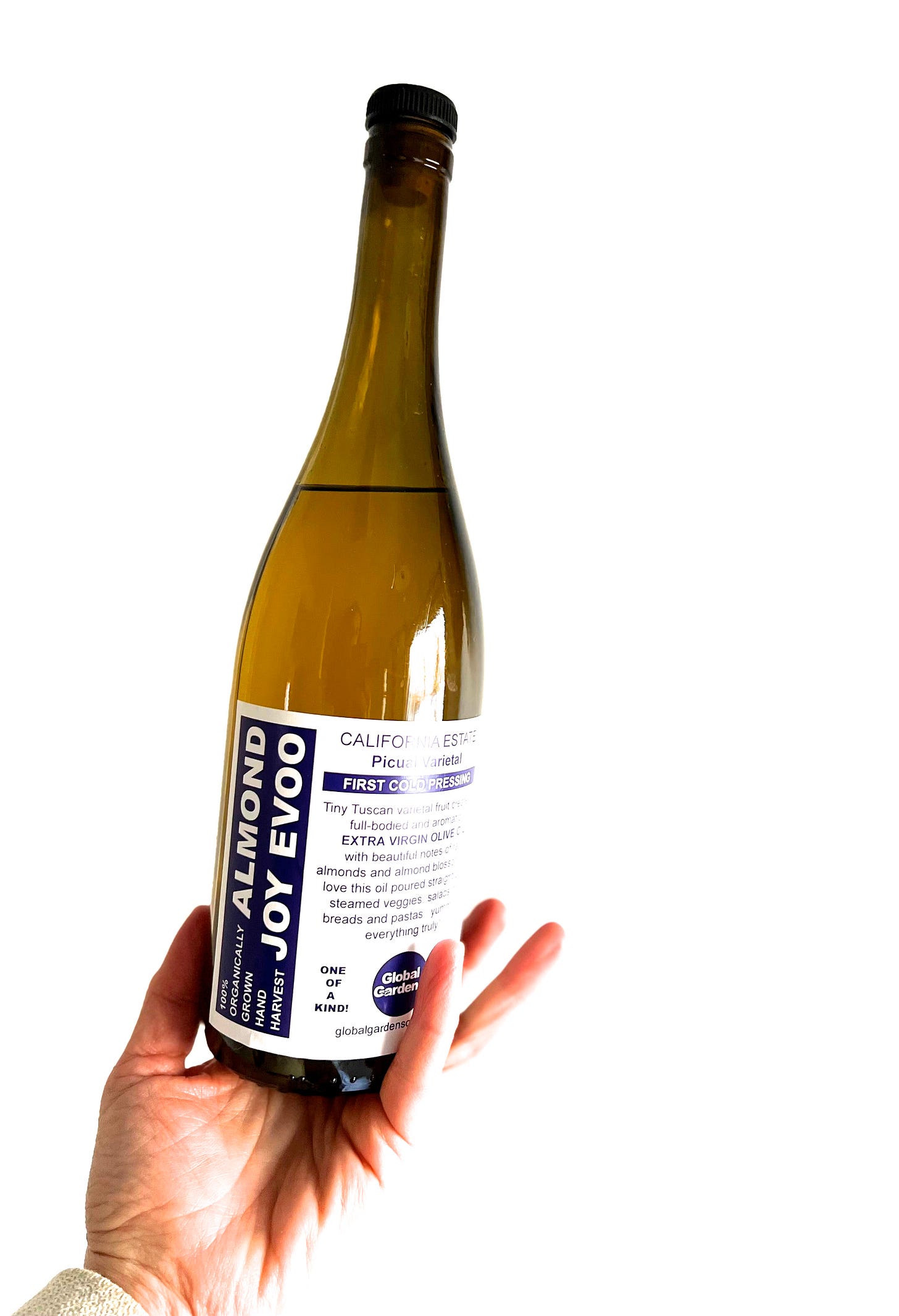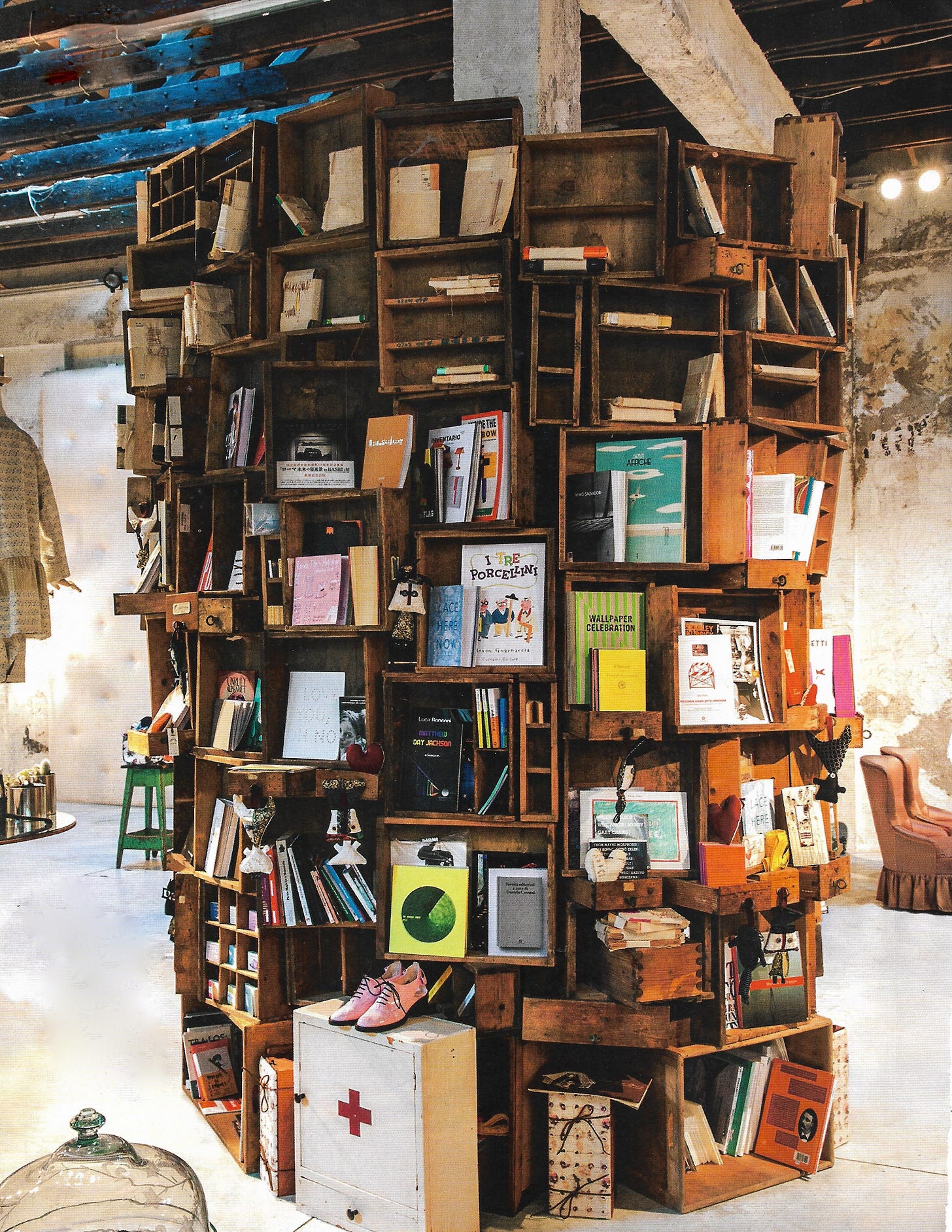Newsletter #4
1-That Girl
Do you remember that 12-year old girl who gave the incredible speech in 1992 at the UN climate conference in Rio de Janeiro?
Her name is Severn Cullis-Suzuki, and she is now a 43 year old Canadian environmental activist, speaker, television host, and author.
She has spoken around the world about environmental issues, urging listeners to define their values, act with the future in mind, and take individual responsibility. She is the daughter of Canadian environmentalist David Suzuki.
She is currently the executive director of the David Suzuki Foundation, a science-based non-profit environmental organization who’s mission is to protect nature while balancing human needs.
2. Freegan Pony
-A place every community should have-
Freegan Pony is a restaurant located in Paris, France, that is fighting against food waste.
Volunteers recover unsold food from Rungis* market, bringing it back to the restaurant where they assist professional chefs in preparing meals that are a mix of French and world cuisine, inspired by the different countries the volunteers and chefs come from. At the end of their meal, patrons pay what they can afford.
The restaurant’s aim is to raise awareness about the global problem of food waste and to be empowered by a simple act: Eat Well. Learn about what you are eating, how it was produced, where it comes from and how to cook it.
The Freegan Pony space is also an art gallery, concert space, and a community center with distribution programs for needy Parisians and refugees.
It is located at 11 Place Auguste Baron, Paris 75019
*Rungis is The Marché International de Rungis (or Rungis International Market), the principal market of Paris, located in the commune of Rungis in the southern suburbs. It is the largest wholesale food market in the world, at 573 acres.
Are you interested in learning how much food is wasted in the United States every year?
Shockingly, nearly 40% (108 billion pounds) of all food in America is wasted. Food goes to waste at every stage of food production and distribution - from farmers to packers and shippers, from manufacturers to retailers, to our homes.
Last year, the Feeding America network and their partners rescued 4.7 billion pounds of groceries. That food went directly to meals for people facing hunger. This makes Feeding America the largest food rescue organization in the country.
Learn what Feeding America is doing to reduce food waste and what each of us can do.
3-Community Action and Uplift
~Theaster Gates~
I didn’t know the extent of artist Theaster Gates’s involvement in helping his community until I watched the series HOME (AppleTV+). He is a remarkable man, and a generous and thoughtful human being.
Theaster Gates lives and works in Chicago, where he creates work that focuses on space theory and land development, sculpture and performance. Drawing on his interest and training in urban planning and preservation, Gates redeems spaces that have been left behind. For over a decade, he has been spearheading an ambitious revitalization of buildings and urban neighborhoods in Chicago into lively cultural environments. A crumbling bank becomes an art center, a string of drug houses find new life as cinemas, and a shuttered school is now an arts incubator.
In 2009, Gates launched the Rebuild Foundation, a nonprofit which manages many of his social projects, including Chicago’s Stony Island Arts Bank, Black Cinema House, Dorchester Art + Housing Collaborative, Archive House, and Listening House.
One of those, The Dorchester Projects, was a formerly abandoned 2- story property that Gates turned into a library, slide archive and soul food kitchen.
The renovation of The Dorchester Projects, located on Chicago’s east side, involved utilizing repurposed materials from all over Chicago, connecting the development of new art with the economic reuse of material resources. This multifunctional ever-expanding space, in which community-driven inventiveness and experiences can safely thrive, making it possible for the neighborhood’s resurrection to exist.
Excerpted from gallerie magazine and arts public sphere.
4-Looking to the past for inspiration
Did you know that Spain is the second biggest almond producer in the world (the United States is #1). As parts of Spain faced severe desertification, the country’s almond farms were drying up. Some farmers turned to preindustrial methods, such as allowing grassy plants to grow and die among their trees and cutting back on tilling. The soil rejuvenated, and the almonds began thriving again.
One of the farmers affected, Santiaga Sánchez Porcel, practices regenerative farming on her almond tree farm. Beneath the trees, she plants cereals and vegetables as a cover crop to help the soil retain its humidity. "Simply look at the color of the soil," she says. "It is darker here where the green cover is. You can see that it is more humid and acts like a sponge." Her flock of sheep eats the shoots of the green cover. At the same time as they are eating, their manure fertilizes the soil, in what Sánchez Porcel calls "a very circular system." "We can't wait for big governments to do something," she adds. "We have to do this at the local level."
Read more here
5-Olive Oil
Beware of what is labeled “extra-virgin olive oil” may not be. A study from the University of California, Davis, tested extra-virgin olive oils and found that 70 percent of imported samples and 10 percent of California samples labeled “extra-virgin” failed to meet standards for extra-virginity, because they were adulterated with refined oils.
A trusted resource I turn to when researching foods and supplements is consumerlab.com
They reviewed a number of extra virgin olive oils and their #1 choice happens to be mine as well: California Olive Ranch Everyday Extra Virgin Olive Oil, 100% sourced in California and available at most supermarkets.
My favorite EVOOO (extra-virgin organic olive oiI) is by Global Gardens, in California and can be ordered from Global Gardens
Read more about the olive oil trade in a piece from The New Yorker in 2007 by Tom Mueller
In just in case you didn’t know the health benefits of olive oil: It has the potential to reduce coronary heart disease, reduce the risk of breast and colorectal cancer, and improve blood sugar control. Some of those benefits are associated with high amounts of polyphenols in extra-virgin olive oil, as well as high concentrations of oleic acid (reduces high blood pressure and LDL cholesterol).
Read more about the health benefits of olive oil from another good resource I trust.
6- Recycling and Repurposing Ideas
-Anything we can reuse helps towards reducing waste-
Pallet Bike Rack
Wood Crates into a floating bookcase
Old Wood Planks into a table
Old Family Shirt into a dress for my daughter Arielle (made in 1992)
Wishing you and yours all the very best,
See you in 2 weeks!
Priscilla
P.S. Leaving you with the sweetest photo I took at Farmer and The Cook in Ojai, CA., back in 2015




















so enjoyed #4 Thank You 💙🌏💙
Thank you for the reminders and inspiration to live and act differently❤️